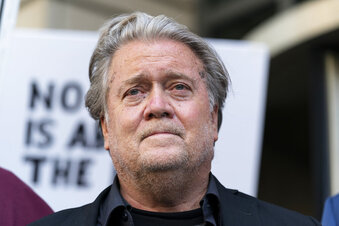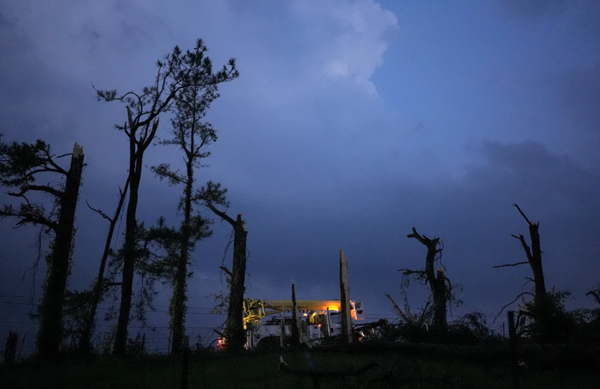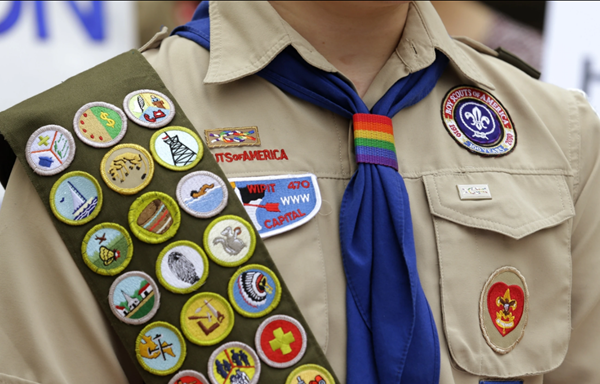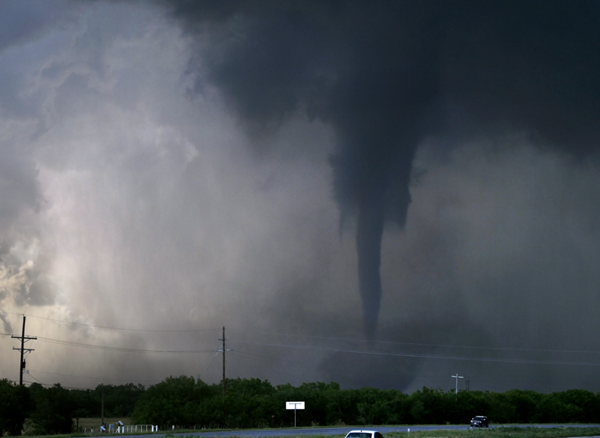Steve Bannon, a longtime ally of former President Donald Trump, was convicted on Friday of contempt charges for defying a congressional subpoena from the House committee investigating the Jan. 6 protests at the U.S. Capitol.
Bannon, 68, was convicted after a four-day trial in federal court in Washington on two counts: one for refusing to appear for a deposition and the other for refusing to provide documents in response to the committee’s subpoena.
The jury of 8 men and 4 women deliberated just under three hours.
He faces up to two years in federal prison when he’s sentenced on Oct. 21. Each count carries a minimum sentence of 30 days in jail.
Bannon had initially argued that his testimony was protected by Trump’s claim of executive privilege. But the House panel and the Justice Department contend such a claim is dubious because Trump had fired Bannon from the White House in 2017 and Bannon was a private citizen when he was consulting with the then-president in the run-up to the riot.
Bannon’s lawyers tried to argue during the trial that he didn’t refuse to cooperate and that the dates “were in flux.” They pointed to the fact that Bannon had reversed course shortly before the trial kicked off — after Trump waived his objection — and had offered to testify before the committee.
Bannon was served with a subpoena on Sept. 23 last year ordering him to provide requested documents to the committee by Oct. 7 and appear in person by Oct. 14. Bannon was indicted in November on two counts of criminal contempt of Congress, a month after the Justice Department received the House panel’s referral.
Bannon’s attorney Evan Corcoran told jurors Friday in his closing arguments that those deadlines were mere “placeholders” while lawyers on each side negotiated terms.
Corcoran said the committee “rushed to judgment” because it “wanted to make an example of Steve Bannon.”
Corcoran also hinted that the government’s main witness, Jan. 6 committee chief counsel Kristin Amerling, was personally biased. Amerling admitted on the stand that she is a lifelong Democrat and has been friends with one of the prosecutors for years.
Prosecutors focused on the series of letters exchanged between the Jan. 6 committee and Bannon’s lawyers. The correspondence shows Thompson immediately dismissing Bannon’s claim that he was exempted by Trump’s claim of executive privilege and explicitly threatening Bannon with criminal prosecution.
The defense Thursday motioned for an acquittal, saying the prosecution had not proved its case. In making his motion for acquittal before U.S. District Judge Carl Nichols, Bannon attorney Evan Corcoran said that “no reasonable juror could conclude that Mr. Bannon refused to comply.”
Once the motion was made the defense rested its case without putting on any witnesses, telling Nichols that Bannon saw no point in testifying since the judge’s previous rulings had gutted his planned avenues of defense. Among other things, Bannon’s team was barred from calling as a witness House Speaker Nancy Pelosi whom Republicans claim refused an offer from Trump of thousands of National Guard troops days before the protests.
AP Photo/Jose Luis Magana





